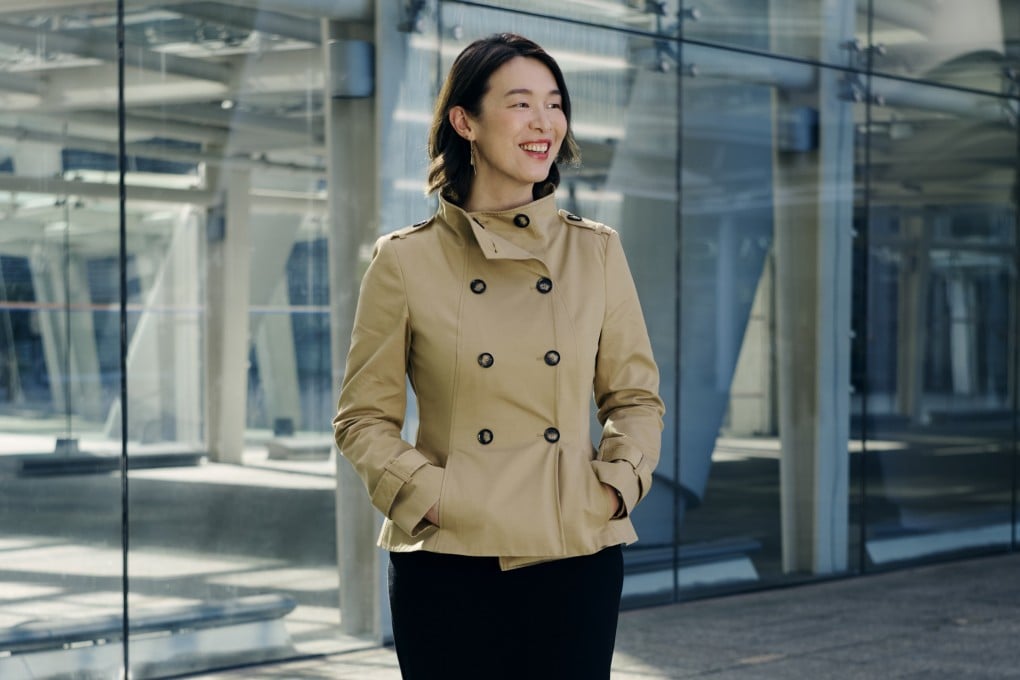Advertisement
She tried several careers but found her niche in genetic sequencing
PostMag talks to 5 women innovators at the top of their game and pushing the boundaries of scientific discovery – here we meet Angela Wu, a professor at HKUST’s division of life science and department of chemical and biological engineering
Reading Time:3 minutes
Why you can trust SCMP

Great minds blazing a trail: meet the women who are leading the way in the realm of science and invention. See our other features on Megan Lam, Gina Jiang, Florence Chan and Wendy Lam.
If you want to know how cells work on a genetic level, Angela Wu Ruohao is who you should ask. The bioengineer builds tools and methods that show us how DNA works, by creating technology that can read genetic information from individual cells in our body, allowing scientists to create maps of cell types and their functions.
Wu, 41, specialises in transcriptomics, the study of which genes are expressed and how much. Stress, diet, drugs and other factors can affect this process and a person’s risk of disease. The tools Wu develops make it possible to discover useful genetic targets for therapy.
Advertisement
“Being able to measure what [the genetic] sequence is, and how it is converted into actions by our cells or bodies is really important to understanding how disease arises, or how we go from being a single cell into like a full-grown adult,” she says. “Everything for me revolves around the genetic code and how it translates into life.”

She has studied how cancer cells “disguise” themselves as normal cells and act like spies, and how the genes of deep-sea creatures such as tube worms help them adapt to living in an environment devoid of sunlight. She has also helped map all the cell types in exotic species such as Madagascar’s mouse lemurs.
Advertisement
Wu was born in Xian, Shaanxi province, to a mechanical engineer father and a doctor mother, and grew up in Australia, the United States and Hong Kong. She graduated from Stanford University with a PhD in bioengineering and later co-founded the Agenovir Corporation, a therapeutics company developing cures for infectious diseases using CRISPR technology to selectively modify the DNA of living organisms.
Advertisement
Select Voice
Select Speed
1.00x